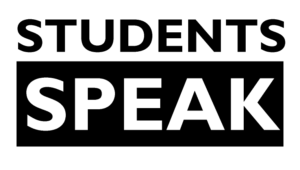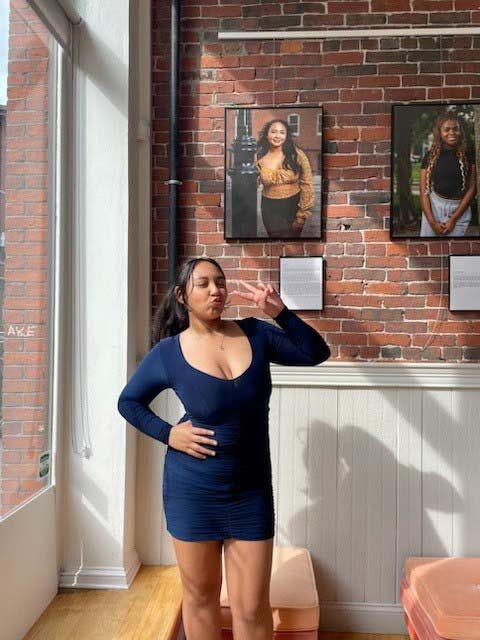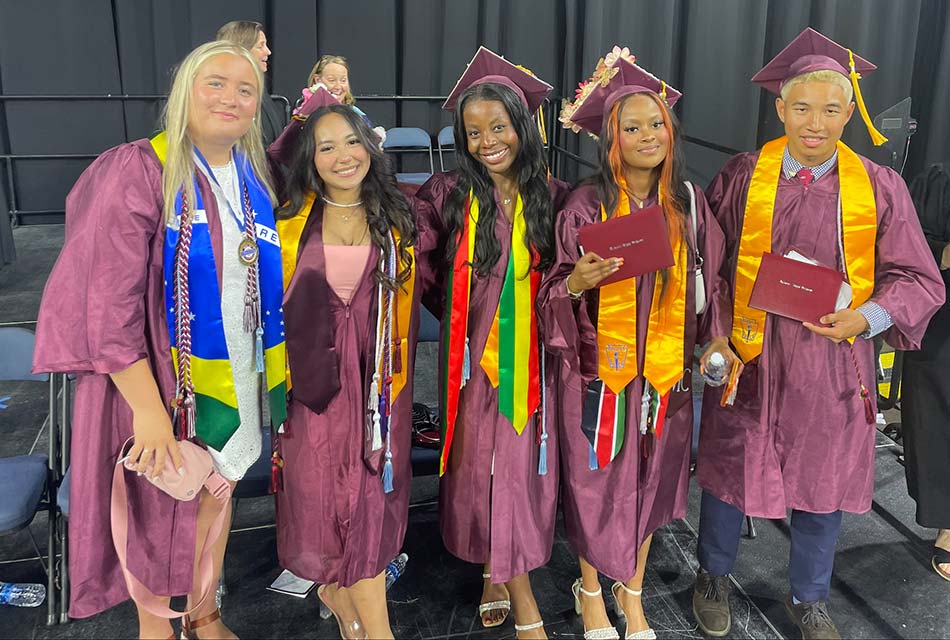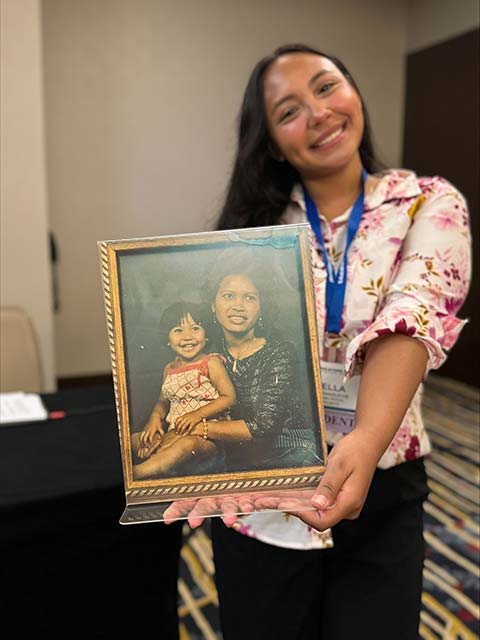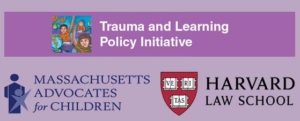Jisella
My name is Jisella, and I’m a Senior in high school. Today I want to talk about the vitality of centering student voices amidst a deep-rooted history and culture of repression and criminalization in modern society. Today, I will share my experience and the experiences of many on how the education system has repressed and discouraged student voices, taken advantage of its authority over the student body, and consistently criminalized its students, especially students of color.
First I want to touch on the repressive nature of our schools. Many schools demand students adhere to their rules and regulations while leaving no room for them to advocate for themselves. From improper and spontaneous searches to not allowing students to call their parents when something is wrong, many schools take advantage of the fact that students are unaware of the rights that they have and go along with violating policies. An example of this is the extreme measures schools are taking to prohibit cell phone use. My school recently got state funding to get each classroom a lockbox for phones, instituting a new policy without the consent of students or parents. After living with these boxes for barely one month and a half, we have had multiple lockdowns. During one that was two hours long due to a gun threat, due to a gun threat, some students were not given their phones for two hours as parents were trying to get ahold of them. Many student-led groups opposed this policy, yet they were pushed to the side.
I am my school’s class senator and have a spot on the school committee, and when I walked into my first meeting in September the first thing I mentioned was how important it was to my classmates that the bathrooms be opened up and that we get recycling bins. Nothing has changed to this day, and the more I bring it up, the more eye-rolls I get. I have since learned that to get anywhere, I must appease those in power, silencing my actual thoughts and deprioritizing student needs This goes for every aspect of student life as teachers and security officers often choose favorites, and how much they like you can determine how they grade you or whether they will let you into the locked bathrooms. It is also not uncommon for schools to criminalize their students when “probable cause” and “suspicion” are rightful reasons to pull students out of class, stop them from using the toilet, or stop them from getting to class to search and interrogate them. The notoriously “good” students or white students often walk into the bathroom with no pass or ID which is prohibited by school policy, and the security guard or teacher on duty allows them to continue their business. At the same time, I frequently watch my friends of color be stopped, asked for a pass then have the pass checked, and then told to “hurry up”.
I am sure my complaints are minimal compared to other states and schools, but the thing is: THEY STILL MATTER! Just this month, I gave a speech on why public education is great, but if you love something, I believe you can criticize it. So no matter the greatness public education holds, there is still much work that needs to be done for student equality and student representation: the same students who work and get taxed and aren’t allowed to vote, the same students living through your legislation and the same students who will be voting in the years to come. As I list these problems, I want to also provide a solution.
I was thinking about labor unions’ history and how they worked together to fight for what’s right in the workplace and organize and create agency. As a student, school is my workplace. What if students had a union? Students in the public education system would have a union representative who would tell them their rights, allow them to understand the legislative processes of creating change and where to start, quickly access resources for them, and play middleman so students don’t have to be like me today: an AP high honor student who works has clubs, is dealing with my own troubles, is trying to get into college, and is fighting social inequality while trying to advocate for student voices too.
“Many schools demand students adhere to their rules and regulations while leaving no room for them to advocate for themselves.”—Jisella
“It is also not uncommon for schools to criminalize their students when “probable cause” and “suspicion” are rightful reasons to pull students out of class, stop them from using the toilet, or stop them from getting to class to search and interrogate them.”—Jisella
“I was thinking about labor unions’ history and how they worked together to fight for what’s right in the workplace and organize and create agency. As a student, school is my workplace. What if students had a union?”—Jisella
